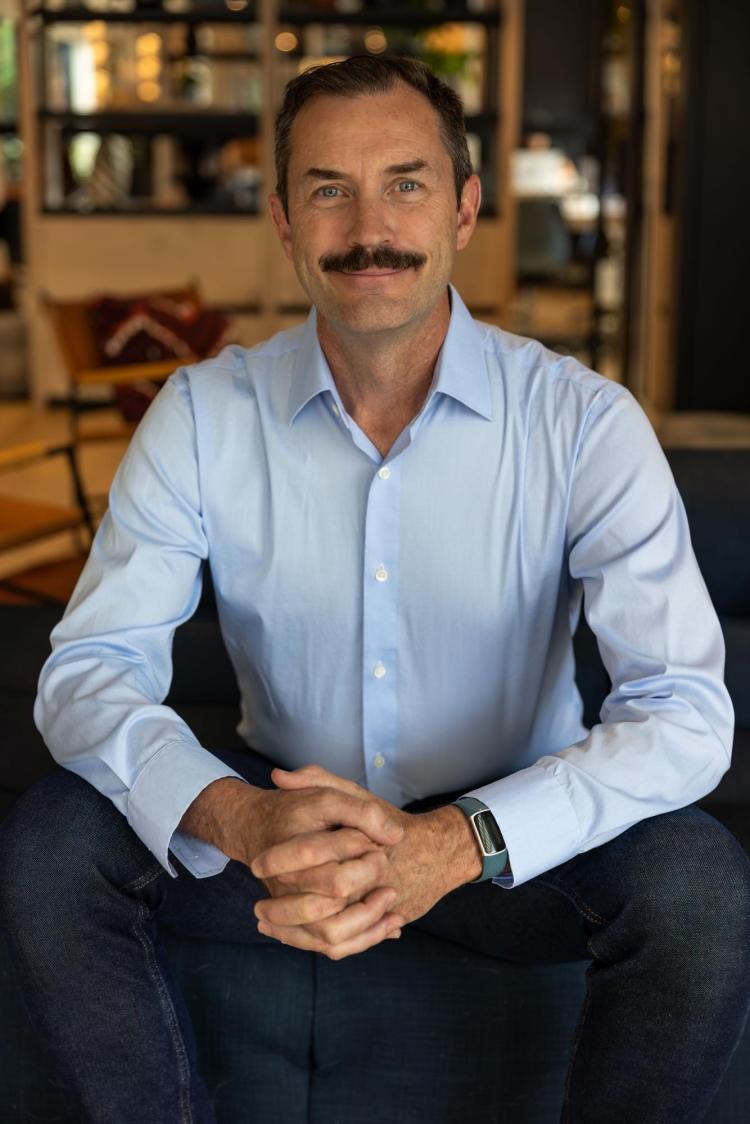Thomas Andrews is new director of the Center of the American West
Thomas Andrews, University of Colorado Boulder professor of history, has been appointed faculty director of the Center of the American West. His appointment became effective in July.

Thomas Andrews
Andrews’ research and teaching focus on western American, environmental, animal, Indigenous and 19th- and 20th-century U.S. history. He is the recipient a Guggenheim Fellowship, a National Library of Medicine/National Institutes of Health Grant for Scholarly Works in Biomedicine and Health, a National Endowment for the Humanities Public Scholars Award and other fellowships.
He is the author of Killing for Coal: America’s Deadliest Labor War, which won six awards, including a Bancroft Prize; Coyote Valley: Deep History in the High Rockies; and a book in progress about the Great Horse Flu of 1872-73.
Andrews was born and reared in Boulder and graduated from Fairview High School in 1990 before earning his BA at Yale and his MA and PhD at the University of Wisconsin-Madison. Before joining the CU Boulder Department of History in 2011, he taught at CU Denver.
Andrews is one of only a handful of second-generation faculty members at CU Boulder. His mother, Martha Andrews, was a research librarian at the Institute for Arctic and Alpine Research (INSTAAR), and his father, John T. Andrews, joined INSTAAR and the Department of Geological Sciences in 1968 and is an emeritus faculty member.
“Professor Andrews is an exceedingly skilled and respected historian who has helped broaden and deepen our understanding of the history of the American West,” said Daryl Maeda, interim dean of the College of Arts and Sciences.
“The Center of the American West makes critical contributions to national thought and discourse about the American West, and Professor Andrews is particularly well suited to stand at its helm.”
The Center of the American West is a nationally recognized hub for illuminating the role of the western United States in regional, national and global issues, describing its mission as bringing people together to “explore the ongoing complexities of and challenges facing the western United States through education, research, programs and projects.”

